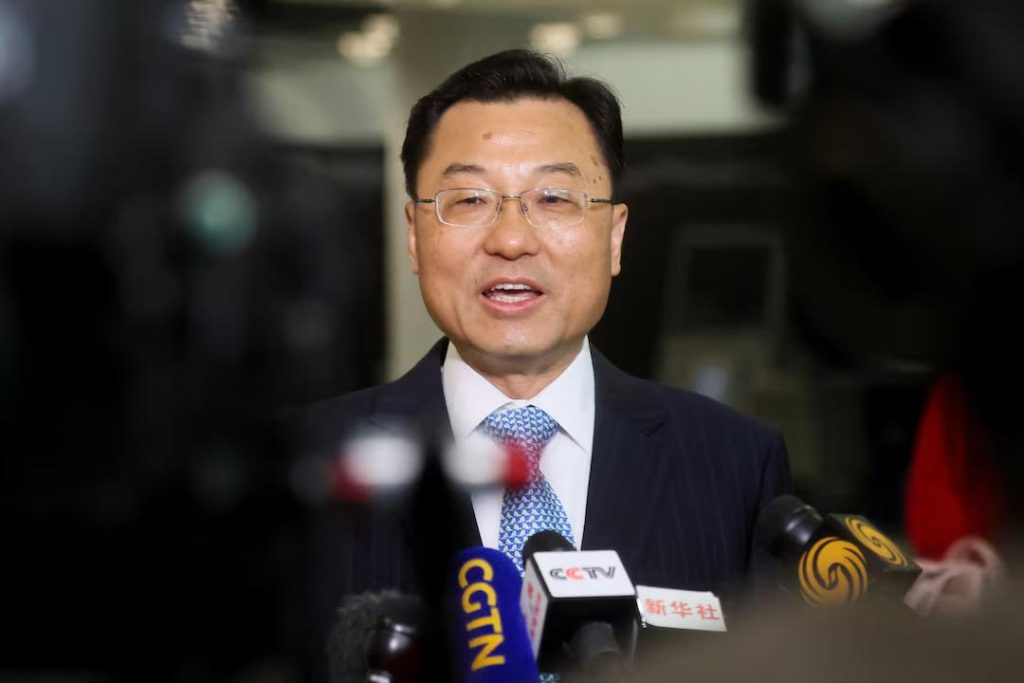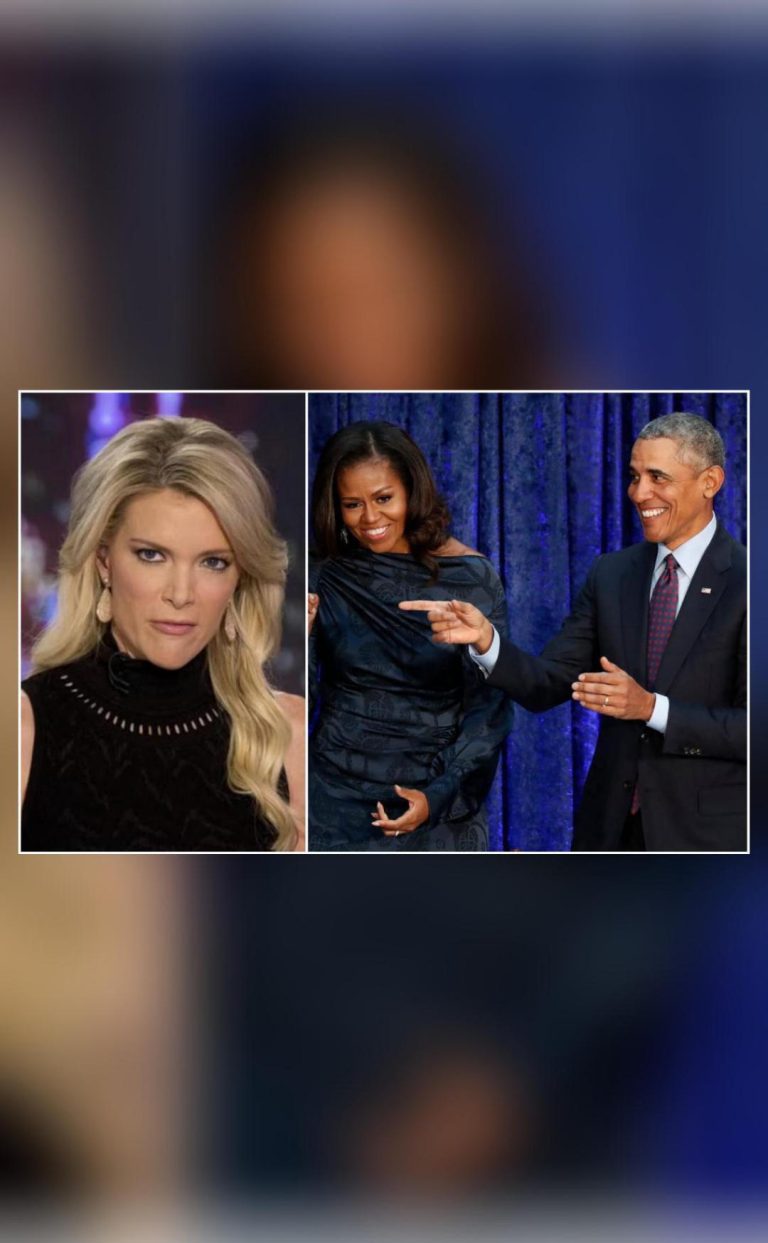
Don’t Prescribe Medicine When You Are Sick: China on US Tariffs
The ongoing tariff war between the United States and China has been a major concern for the global economy, with both sides imposing retaliatory tariffs on each other’s goods. Amidst this tense situation, China’s Ambassador to the US, Xie Feng, has warned the US against escalating the trade tensions, urging cooperation over confrontation. In a recent interview, Xie used a powerful metaphor to drive home the point, stating, “You certainly shouldn’t prescribe medicine to others when you’re the one who is sick.”
The metaphor is a poignant reminder of the need for both countries to work together to address their economic issues rather than pointing fingers at each other. The quote has sparked a lively debate among economists and policymakers, with many agreeing that the US and China need to find a way to compromise and move forward.
The trade tensions between the US and China have been ongoing for several months, with both sides imposing tariffs on each other’s goods. The US has imposed tariffs on billions of dollars’ worth of Chinese goods, including electronics, textiles, and agricultural products, while China has responded by imposing tariffs on US goods such as soybeans, aircraft, and automobiles.
The tariffs have had a significant impact on both countries’ economies, with many businesses and consumers feeling the pinch. The US Chamber of Commerce has estimated that the tariffs have cost American businesses over $3 billion, while the Chinese government has reported that the tariffs have cost the country over $10 billion.
Despite the negative impact of the tariffs, both sides have shown little willingness to back down. The US has accused China of stealing intellectual property and forcing American companies to transfer their technology to Chinese firms, while China has accused the US of being protectionist and trying to undermine its economic growth.
Xie’s statement, however, suggests that China is willing to engage in a dialogue with the US to resolve the trade tensions. According to Xie, the two countries need to work together to address their economic issues, rather than trying to blame each other for the problems.
“We should not engage in a zero-sum game, where one side’s gain is the other side’s loss,” Xie said. “We should look for a win-win solution, where both sides benefit from the cooperation.”
Xie’s statement is a significant departure from the rhetoric that has been used by both sides in the trade war. While the US has accused China of being a “currency manipulator” and a “trade cheater,” China has accused the US of being a “bully” and a “protectionist.”
The use of metaphors is a common technique used by diplomats and policymakers to drive home a point and make it more memorable. In this case, Xie’s statement is a powerful reminder of the need for cooperation and dialogue in resolving the trade tensions between the US and China.
The metaphor is also a reminder of the importance of finding a balanced solution that takes into account the interests of both sides. As Xie said, “You certainly shouldn’t prescribe medicine to others when you’re the one who is sick.” This means that the US and China need to work together to address their economic issues, rather than trying to impose their own solutions on each other.
In conclusion, Xie’s statement is a significant development in the ongoing trade war between the US and China. The use of metaphors is a powerful tool for diplomats and policymakers, and Xie’s statement is a reminder of the need for cooperation and dialogue in resolving the trade tensions between the two countries.
As the world waits with bated breath for a resolution to the trade war, Xie’s statement is a beacon of hope. It suggests that China is willing to engage in a dialogue with the US to resolve the trade tensions, and that the two countries can work together to find a balanced solution that takes into account the interests of both sides.



